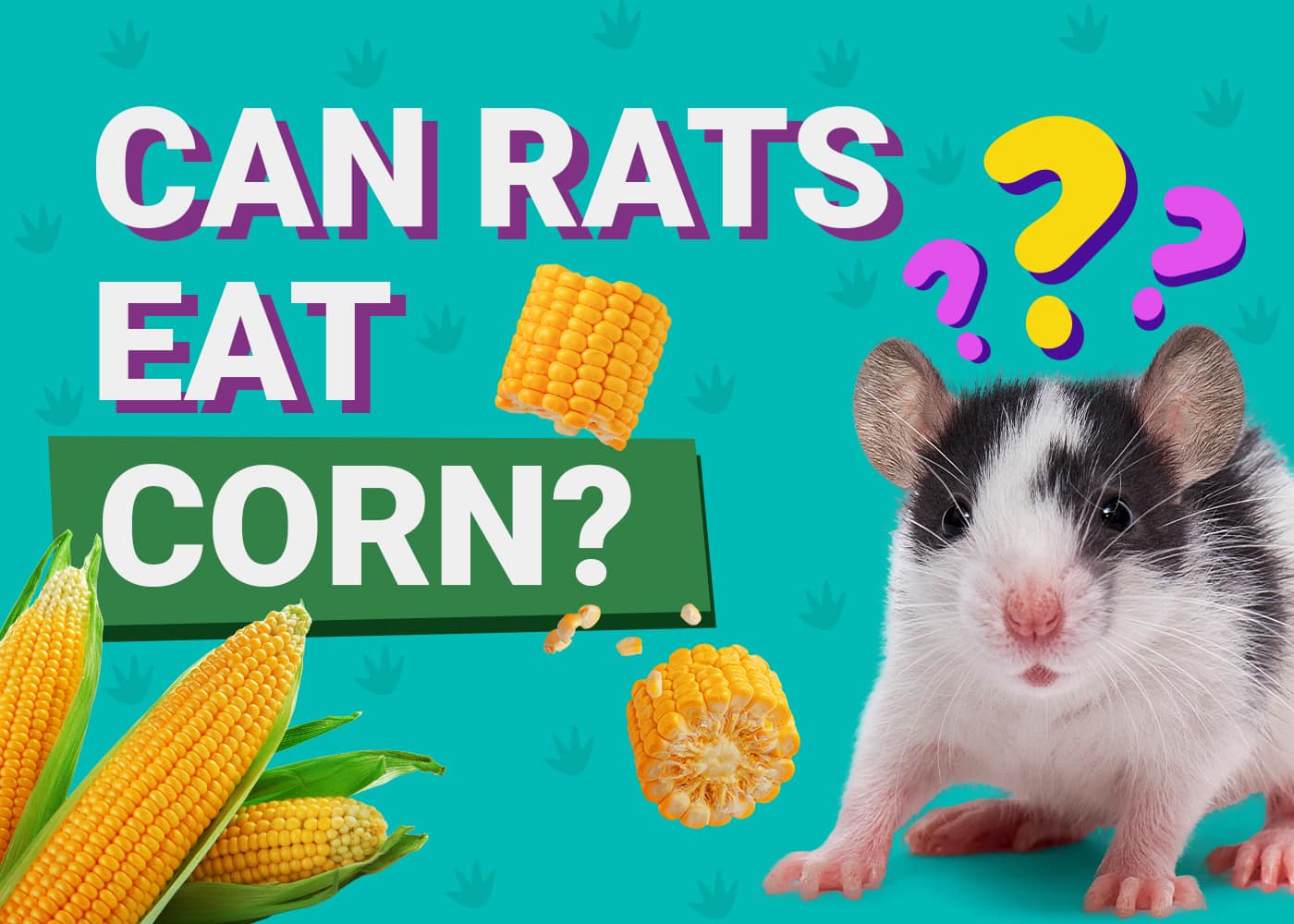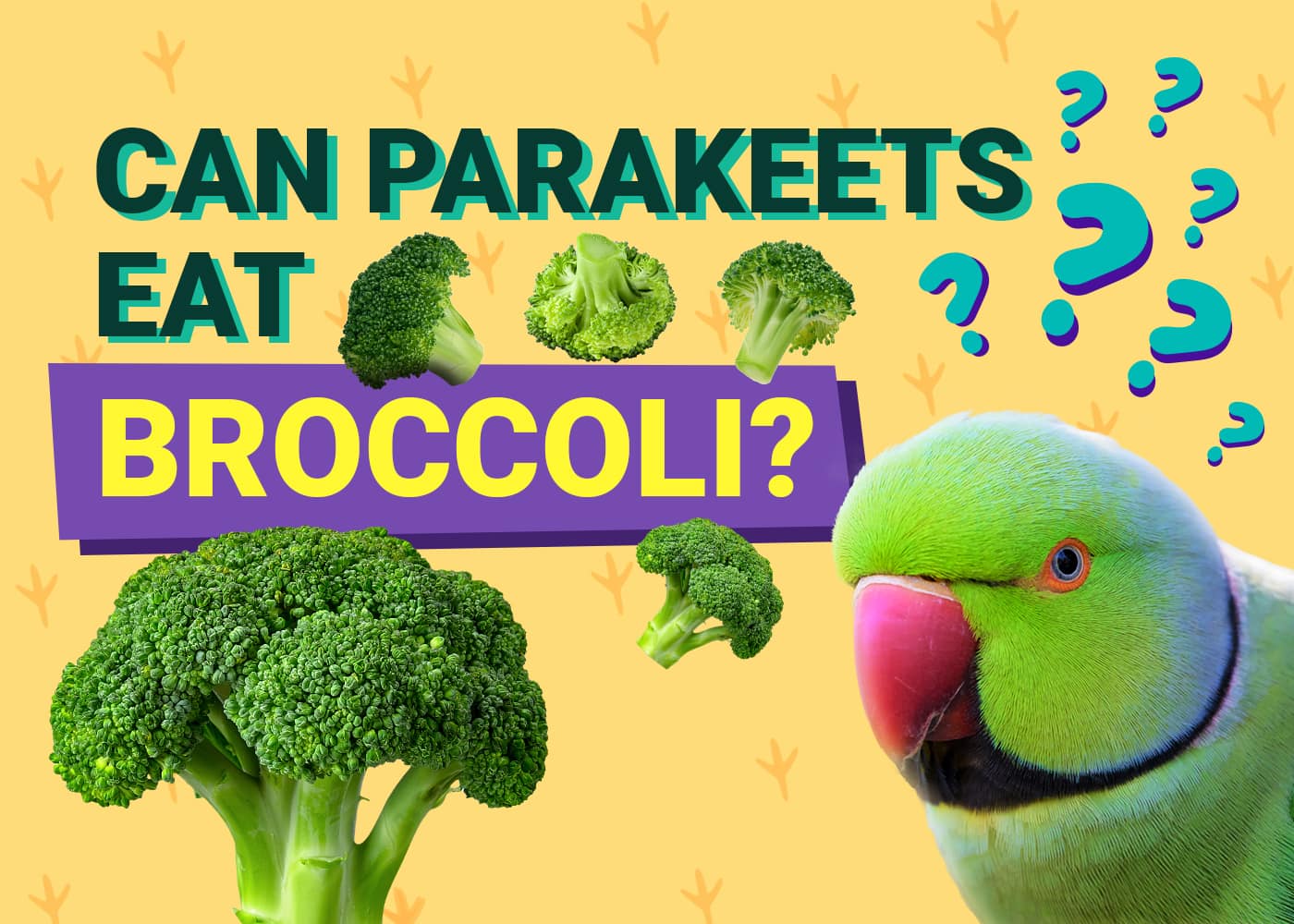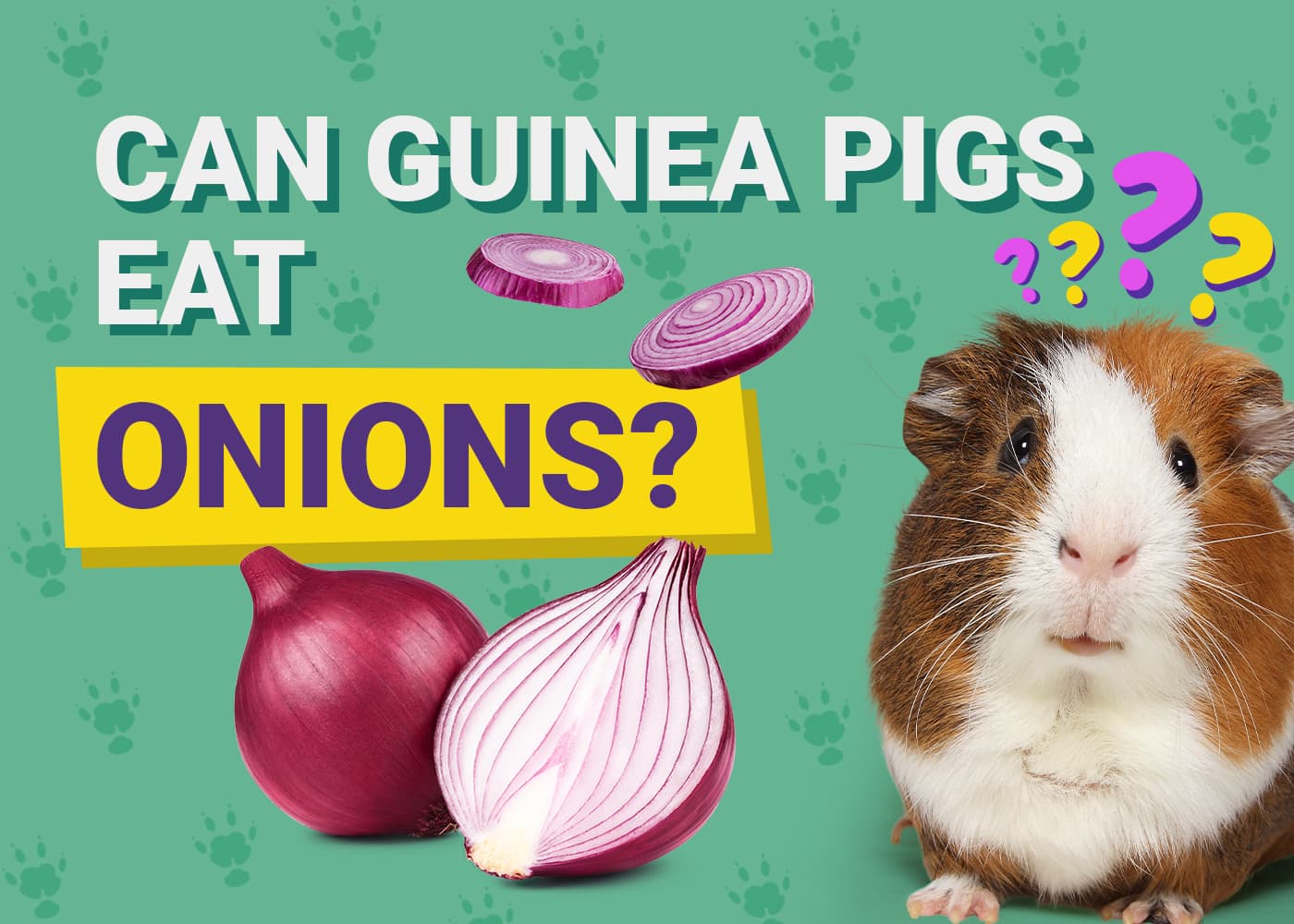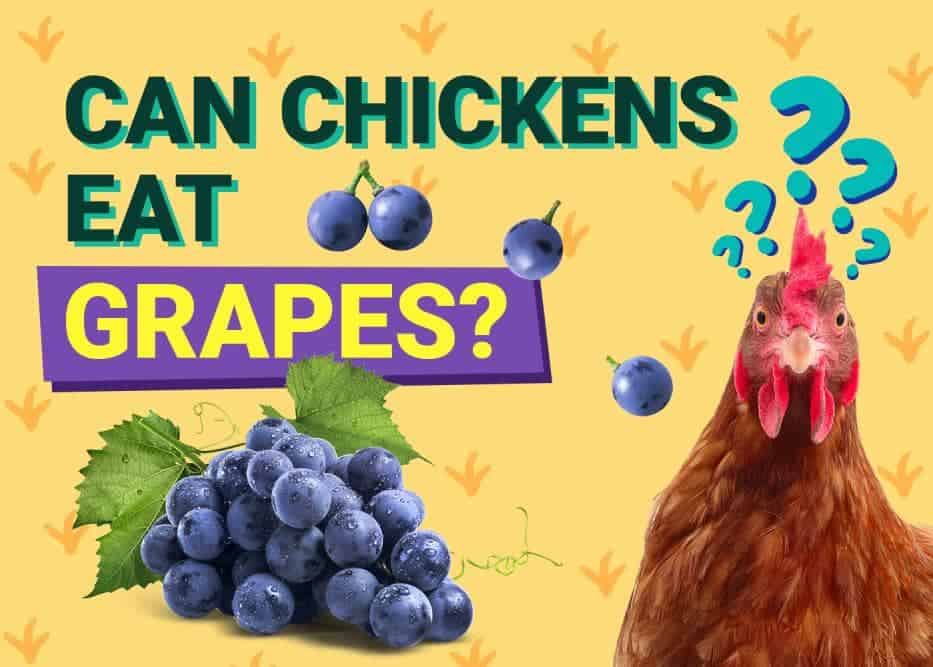VET APPROVED

The information is current and up-to-date in accordance with the latest veterinarian research.
Learn more »Click to Skip Ahead
Rats absolutely love corn, but there’s a great deal of confusing information online about its safety for rats. We all want our rats to be happy, but we also want them to be healthy.
So, is corn safe for rats? Yes, corn is safe for rats and is a common ingredient in commercial rat foods. We’ll examine the benefits and drawbacks of corn and explain why you need to be careful when feeding corn to your rat.
All About Corn
Corn is a popular vegetable, for good reason—it’s delicious! It’s also known as maize and was initially used by indigenous people about 10,000 years ago in southern Mexico. It’s considered a member of the grass family and is grown worldwide.
Corn is one of the most popular grains used for cereal and is also used in cornbread, polenta, tortilla chips, corn oil, and popcorn!
So, we all know how delicious corn is in its many incarnations, but how healthy is it?
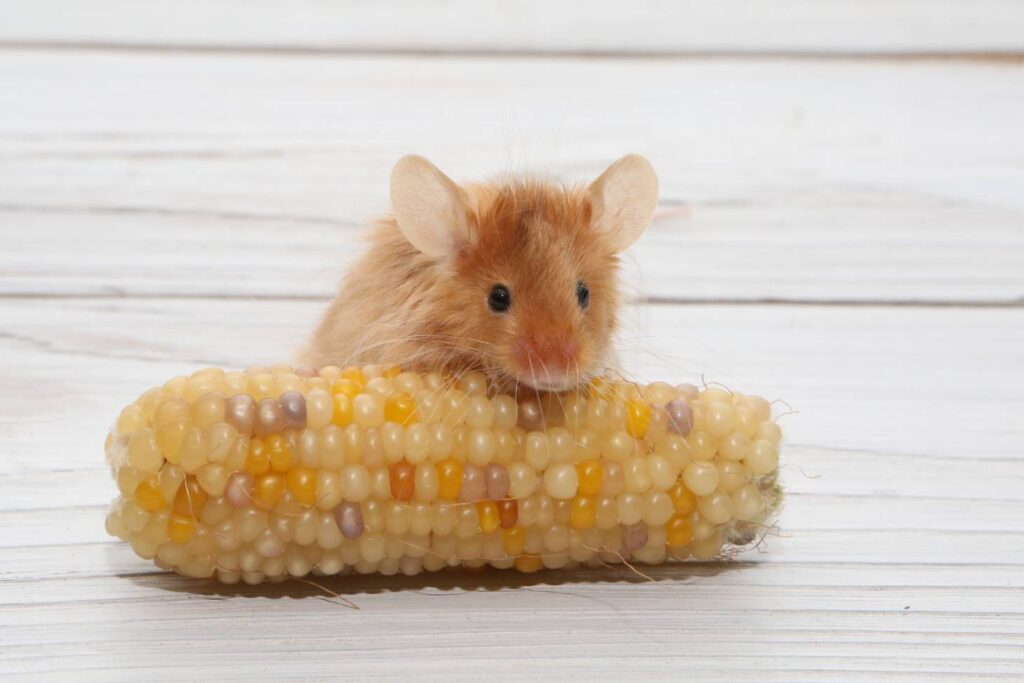
- Water: 76 grams (g)
- Total Energy: 86 kcal
- Total Carbohydrates: 18.7 g
- Fiber: 2 g
- Protein: 3.27 g
- Fat: 1.35 g
It also contains minerals such as:
- Calcium: 2 milligrams (mg)
- Sodium: 15 mg
- Phosphorus: 89 mg
- Potassium: 270 mg
Source: USDA
Corn contains minimal amounts of vitamins. The most abundant vitamin in corn is vitamin C, which is fantastic for us humans (as we need this vitamin in our diet). However, rats can make their own vitamin C and as such, this isn’t a great selling point for corn as far as rats are concerned.
Rats and Corn
Corn that is raw (sweetcorn is best in raw form), frozen, or canned (as long as it doesn’t contain salt or additives) is generally safe for rats. You can also give your rat popcorn that has been air-popped and has had nothing added to it (no salt or butter). Popcorn is a fun and safe treat that your rat will love!
You can give your pet a few kernels of corn or add them to a mix of other veggies. Consider giving your rat corn on the cob, which can be boiled or raw (with no salt or butter).
An interesting point to consider is that if your rat is receiving a pellet diet, the odds of them already consuming corn are very high. Corn is a very common ingredient found in pet pellets, due to its availability and overall nutritional profile. Corn kernels are also frequently incorporated into seed mixes for rodents. A closer look at the label of your rat’s commercial food might reveal that they’re already consuming corn!
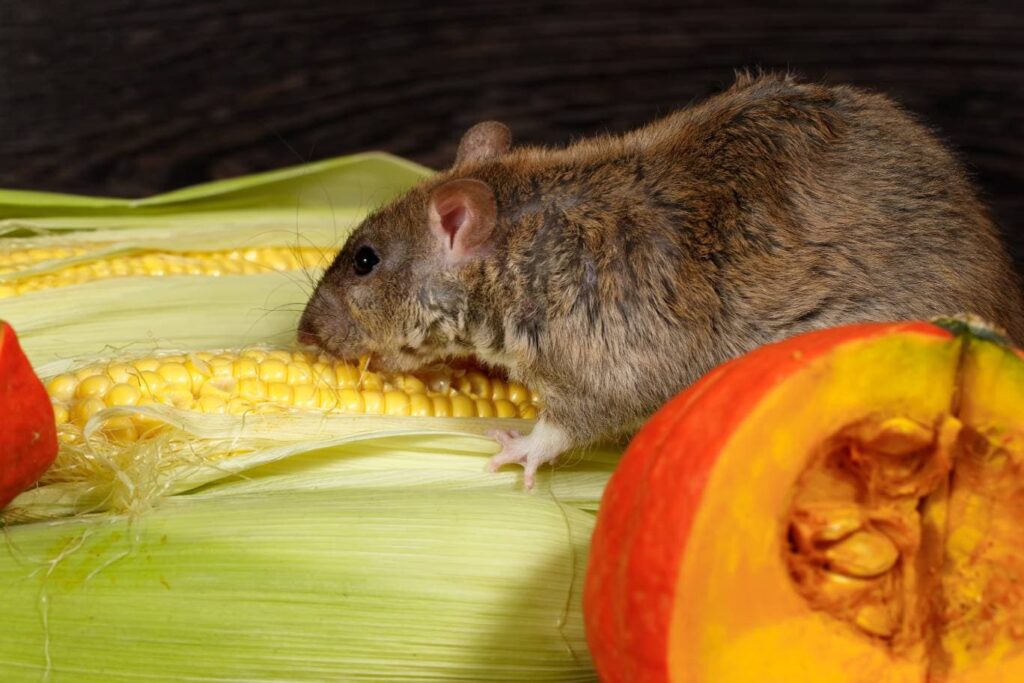
The Downside of Corn for Rats
A potential concern with corn in general is that it is a crop that is most commonly implicated in terms of contamination by various toxins produced by different species of fungi 1. However, it is worth noting that there are established safe limits for the inclusion of corn in the diets of all domesticated animals (livestock and pets). As such, this concern is largely mitigated by commercial products and formulations.
Other than the aforementioned mycotoxin risk, another risk with corn is that it is quite calorie-dense, and overfeeding corn to your pet rat may quickly result in an overweight or obese pet. Naturally, this too can be avoided by ensuring your pet rat receives a well-rounded diet.
A Rat’s Diet
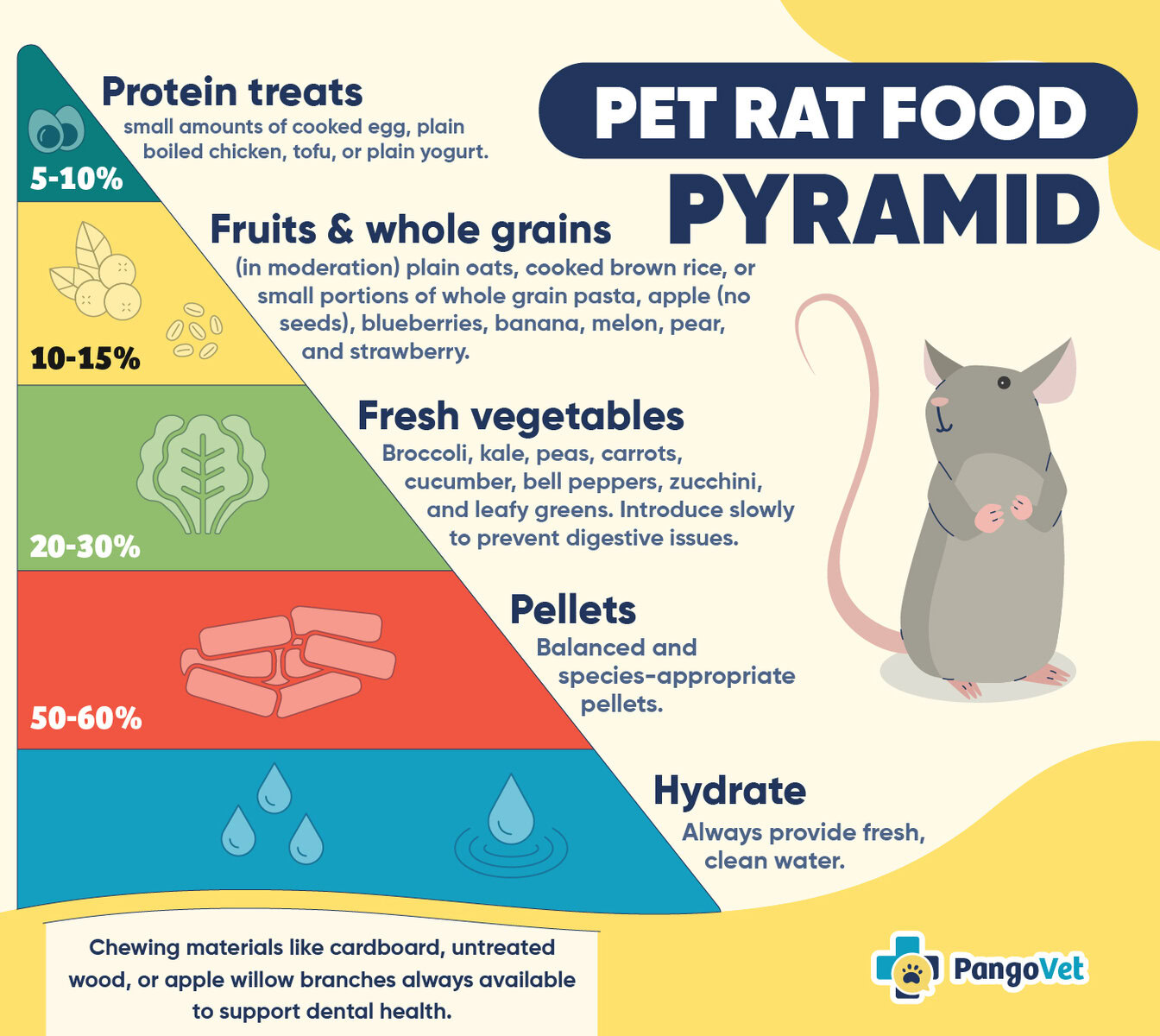
Rats are considered omnivores and are opportunistic scavengers. As pets, the greatest challenge they face from a nutritional standpoint is that they are fond of picking their favorite food ingredients when given options to choose from. This is made worse by the fact that rats that are kept as pets do not get nearly as much exercise as their wild counterparts do. Consequently, pet rats are quite prone to obesity.
The present-day guideline for a pet rat’s nutrition is a pellet base (made for pet rats, not lab rats) as the main portion of their diet. This should be complemented with high-fiber foods, such as hay and certain vegetables. Their diet can be complemented with protein-rich treats such as cooked eggs, freeze-dried worms, and cooked meat. Seeds, grains, and nuts also offer rats enrichment and health benefits, however, they are quite nutrient dense and as such, they should only be given to rats sparingly.
Fruits are often touted for their health benefits for humans. However, for pet rats, they are often not as nutritionally beneficial as vegetables are.
Do note that the information presented above is a generic guide for a healthy adult rat in maintenance. It is not a substitute for a meal plan formulated by an exotic veterinarian, nor is it applicable for juvenile, pregnant, nursing, overweight, underweight, unwell, or senior rats.
Conclusion
As long as you limit the amount of corn to just the occasional treat, don’t season it, and avoid dried corn and mixes, your rat can enjoy it. You should speak to your vet if you have questions regarding your rat’s diet or any concerns about their health.
We hope that you’ve come away with more knowledge regarding your rat and corn. We know that corn has its health benefits, but it has its drawbacks as well. Being well-informed on your rat’s diet and health is essential because you want your rat to be with you for as long as possible.
Related Reads:
